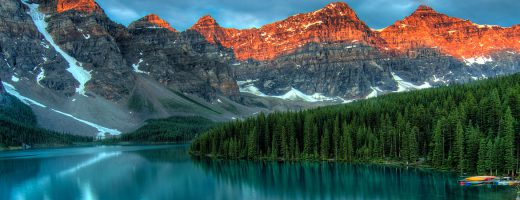By Lila Seidman June 3, 2016 At the only gay bar in the most sparsely populated independent country in the world, Zorig Alima tells me he’s a “penis shaman.” The proprietor of d.d/h.z says he can confidently predict men’s penis sizes and sexual predilections. He gives my companion a disputable “reading,” and dashes away
After the breakdown of communist regimes in Eastern Europe in late 1989, Mongolia saw its own Democratic Revolution in early 1990, which led to a multi-party system, a new constitution in 1992, and the – rather rough – transition to a market economy. Mongolia is the most sparsely populated independent country in the world with a population of around 2.9 million people. It is also the world’s second-largest landlocked country after Kazakhstan. The country contains very little arable land, as much of its area is covered by arid and unproductive steppes. Mongolia’s economy is centered on agriculture and mining. The country has rich mineral resources, and copper, coal, molybdenum, tin, tungsten, and gold account for a large part of industrial production. Homosexuality in Mongolia has virtually no presence, no venues and no activism. There are no laws specifically against homosexuality in Mongolia, however "satisfaction of immoral sexual needs" may still be illegal. Accurate information is hard to find. However, one 2008 report said: "There are two organizations which hold monthly parties for their hundreds of members. It is all very furtive. Unfortunately someone had a hidden camera at one party and the photos found their way on to the Internet. Now people are afraid of being outed."

Mongolia – Ulan Bator and Drive to White Lake
Mongolia is a landlocked country in East-Central Asia. It borders Russia to the north and China to the south, east and west. Ulan Bator, the capital and largest city, is home to about 38% of the population. Mongolia’s political system is a parliamentary republic. At 1,564,116 square kilometres, Mongolia is the nineteenth largest, and the

